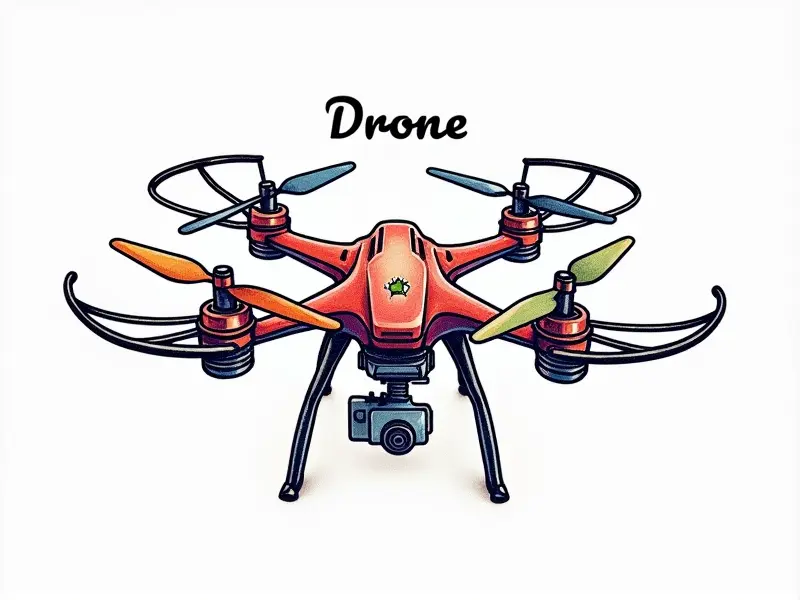Drone insurance requirements

What You Need to Know About Drone Insurance
As the use of drones becomes increasingly prevalent in various industries, understanding drone insurance requirements is crucial. Whether you are a hobbyist or a professional pilot, having the right insurance coverage can protect your investment and ensure compliance with legal standards.
Legal Drone Insurance Requirements Explained
The Federal Aviation Administration (FAA) mandates certain regulations for commercial drone operations in the United States. These rules include obtaining a Remote Pilot Certificate and adhering to specific operational guidelines. While the FAA does not require mandatory insurance, many businesses and individuals opt for it due to liability concerns.
Protecting Your Drone with the Right Insurance
Selecting the appropriate drone insurance is essential to safeguard your equipment from damage or loss. Comprehensive policies cover a range of scenarios including theft, accidental damage, and third-party liability claims. Understanding what each policy offers will help you make an informed decision.
Top Tips for Choosing Drone Insurance Coverage
- Evaluate Your Needs: Consider the type of drone you own and how it is used to determine the level of coverage required.
- Compare Policies: Review multiple insurance providers to find the best rates and coverage options tailored to your specific requirements.
- Check Deductibles: Opt for a deductible that balances cost-effectiveness with financial protection in case of an incident.
Understanding Liability in Drone Insurance Policies
Liability coverage is one of the most critical components of any drone insurance policy. It protects you from legal claims arising out of accidents or property damage caused by your drone during operation. Ensuring adequate liability limits can prevent financial ruin should an unforeseen event occur.
Insuring Your FPV Racing Drone: Must-Have Policies
First-Person View (FPV) racing drones operate at high speeds and in competitive environments, making them prone to accidents. Specialized insurance policies designed for FPV racers provide coverage for equipment damage, personal injury, and liability claims.
Essential Coverage for Your RC Quadcopter
A Remote Control (RC) quadcopter is versatile but also susceptible to risks such as crashes or theft. Comprehensive insurance should include physical damage protection, loss of use, and third-party liability coverage to ensure full protection.
Protecting Your RC Helicopter with the Right Insurance
RC helicopters are complex machines that require specialized care and maintenance. An appropriate insurance policy will cover repair or replacement costs if your helicopter is damaged during flight or storage.
Safeguard Your RC Airplane with Proper Insurance
Similar to other remote-controlled aircraft, an RC airplane needs robust insurance coverage to mitigate risks associated with crashes, theft, and liability issues. Ensure that your policy includes adequate protection for all potential scenarios.
Top Drone Insurance Requirements for Pilots
- Remote Pilot Certification: Obtain a Remote Pilot Certificate from the FAA before operating any commercial drone.
- Compliance with Regulations: Adhere to all federal and local regulations governing drone usage in your area.
- Licensed Insurance Provider: Choose an insurance company that specializes in aviation or drone coverage for reliable protection.
Basic Insurance Needs for All Types of Drones
No matter the type of drone you own, there are fundamental insurance needs every pilot should address. These include liability coverage to protect against third-party claims and physical damage coverage to safeguard your investment from accidents or theft.
Conclusion
In conclusion, securing proper drone insurance is vital for both personal peace of mind and legal compliance. By understanding the specific requirements and selecting the right policy, you can ensure that your drone operations are safe, compliant, and financially secure. Whether you're a hobbyist or professional pilot, investing in comprehensive coverage will provide invaluable protection against unforeseen circumstances.

